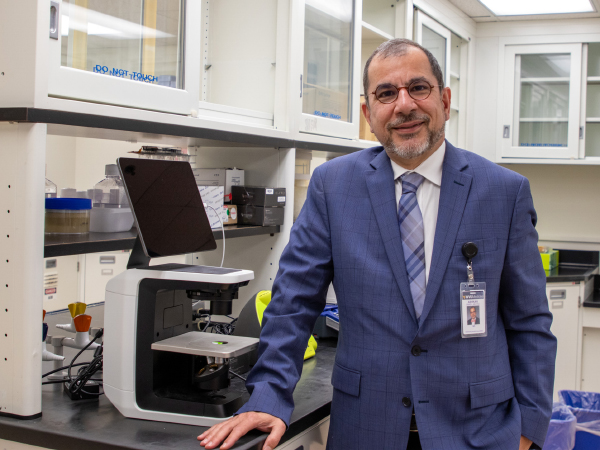Researchers from the University of Southern California found a genetic variant contributing to disparities in childhood leukemia risk. The variant, located on the IKZF1 gene, helps explain why Hispanic/Latino children face a higher risk of acute lymphoblastic leukemia and offers insights about what causes the disease.
To access this subscriber-only content please log in or subscribe.
If your institution has a site license, log in with IP-login or register for a sponsored account.*
*Not all site licenses are enrolled in sponsored accounts.
Login Subscribe
If your institution has a site license, log in with IP-login or register for a sponsored account.*
*Not all site licenses are enrolled in sponsored accounts.
Login Subscribe









